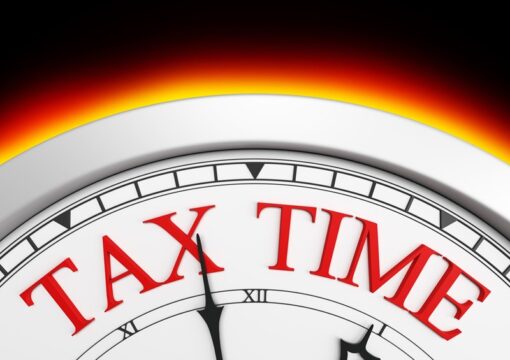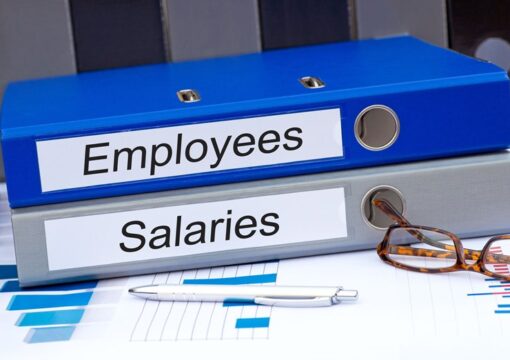
Limited Liability Partnerships (LLPs) retain the flexibility of a partnership with the added advantage that a partners personal liability is limited. At least two members must be ‘designated members’ and the law places extra responsibilities on

There are special rules that need to be taken into account if you employ an au pair in your home. This is because au pairs are not usually considered as workers or employees and are not entitled to the National Minimum Wage or paid holidays.
An au
1 April 2019 – Due date for Corporation Tax due for the year ended 30 June 2018.
19 April 2019 – PAYE and NIC deductions due for month ended 5 April 2019. (If you pay your tax electronically the due date is 22 April 2019)
19 April 2019 – Filing

In a letter being sent to businesses across the country, HMRC has published the following information on the effect a no-deal Brexit would have on changes to VAT IT systems.
We have reproduced below a summary from the letter of the main

According to HMRC’s published guidance there are special rules for the taxation of post-cessation receipts and expenses. These provisions apply to professions, vocations and trades.
Tax relief may be available for post-cessation expenses of a trade,

The Help to Save scheme for people on low incomes was officially launched in September 2018 and since then over 80,000 people have signed up. The scheme allows those in work entitled to Working Tax Credit and in receipt of Working Tax Credits or

Advisory fuel rates are intended to reflect actual average fuel costs and are updated quarterly. The rates can be used by employers who reimburse employees for business travel in their company cars or where employees are required to repay the cost of

After the end of its financial year, a private limited company must prepare full annual accounts and a company tax return. The deadline for filing the first set of accounts with Companies House is 21 months after the date the company was registered

The Finance (No.3) Bill 2017-19 received Royal Assent (later than originally planned) on 12 February 2019 following agreement by both Houses on the text of the Bill. The Bill is now an Act of Parliament known as Finance Act 2019. The Act contains the

The Enterprise Investment Scheme (EIS) is designed to help smaller higher-risk trading companies raise finance by offering a range of tax reliefs to investors who purchase new shares in those companies.
In order for investors to be able to claim

The P9X form is used to notify employers of the tax code to use for employees. The form shows the tax codes to use from 6 April 2019. The basic Personal Allowance for the tax year starting 6 April 2019 will be £12,500 and the tax code for emergency

The introduction of Making Tax Digital (MTD) will fundamentally change the way businesses, the self-employed and landlords interact with HMRC. The new regime will require businesses and individuals to register, file, pay and update their information

The recent, and temporary, increase in the AIA to £1m from 1 January 2019 creates computational issues if a trader’s accounting period straddles this date.
The following example published by HMRC illustrates one variant that you may encounter when

Two changes to the way Private Residence Relief works are due to come into effect from April 2020. These changes could reduce the amount of CGT relief available on the sale of a private residence. The changes are:
Home owners that let all or part

The P85 form should be completed by individuals or their agents to advise HMRC that have left the UK to live or are going to work abroad for at least one full tax year.
The completion of the P85 form will ensure that an individual leaving the UK